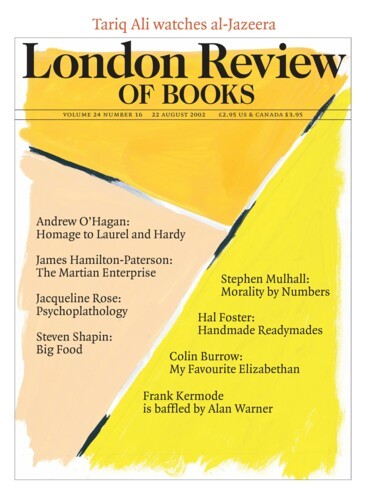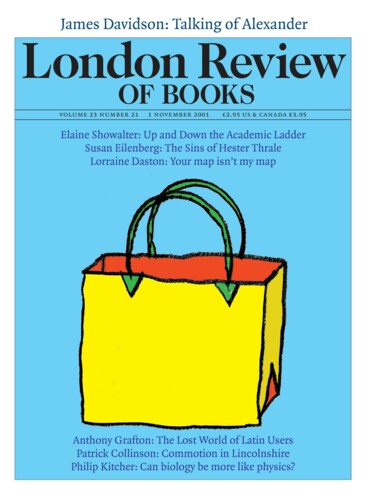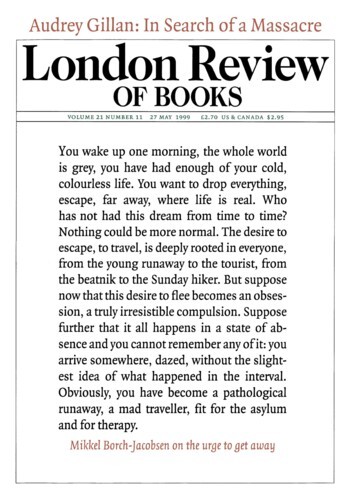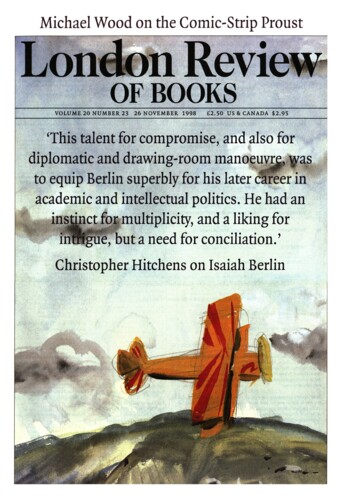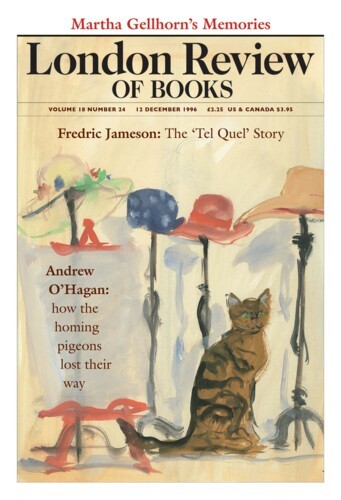Who is the villain? the new economy
Paul Seabright, 22 August 2002
Of the many fantasies provoked by the spread of the Internet, few are creepier than the vision of a world in which every relationship can be dissolved at the click of a mouse. Yet the click might also seem liberating, empowering even, to the person doing the clicking. Robert Reich’s book is about the consequences, for our work and our lives, of the so-called new economy and – more...
